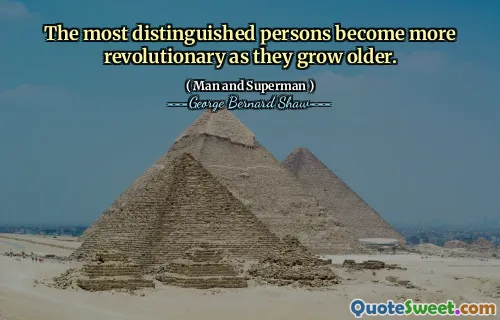
O.K., so I'm not so smart. I'm working class. But it's the working class that keeps the world running, and it's the working class that gets exploited. What the hell kind of revolution have you got just tossing out big words that working-class people can't understand? What the hell kind of social revolution is that? I mean, I'd like to make the world a better place, too. If somebody's really being exploited, we've got to put a stop to it. That's what I believe, and that's why I ask questions.
This quote starkly brings attention to the realities faced by the working class, emphasizing not only their crucial role in sustaining society but also the exploitation they endure. It challenges the notion of revolution and social change by critiquing the use of complex rhetoric that alienates those who may be most affected by societal injustices. The speaker's humble admission of not being "so smart" juxtaposes the real intelligence borne from lived experience, emphasizing that true change cannot be disconnected from understanding and engaging with the struggles of everyday people. This reflection points to a gap sometimes found in social movements where lofty ideas may overlook the practical and accessible language and methods needed to mobilize real change effectively. The sincerity of wanting to "make the world a better place" underscores a universal desire for justice and equality. The closing sentiment, "that's why I ask questions," highlights the importance of dialogue and critical thinking over blind acceptance or jargon-filled speeches. It reminds us that revolution is not just about rhetoric but about meaningful inclusion, tangible action, and respecting the lived experiences of those impacted. Overall, this quote calls for humility, clarity, and genuine concern in the pursuit of social justice, encouraging people to ground their activism in empathy and practical understanding rather than exclusionary language or empty speeches. It’s a call to rethink how social change is communicated and to prioritize the voices and needs of those who truly sustain society.






